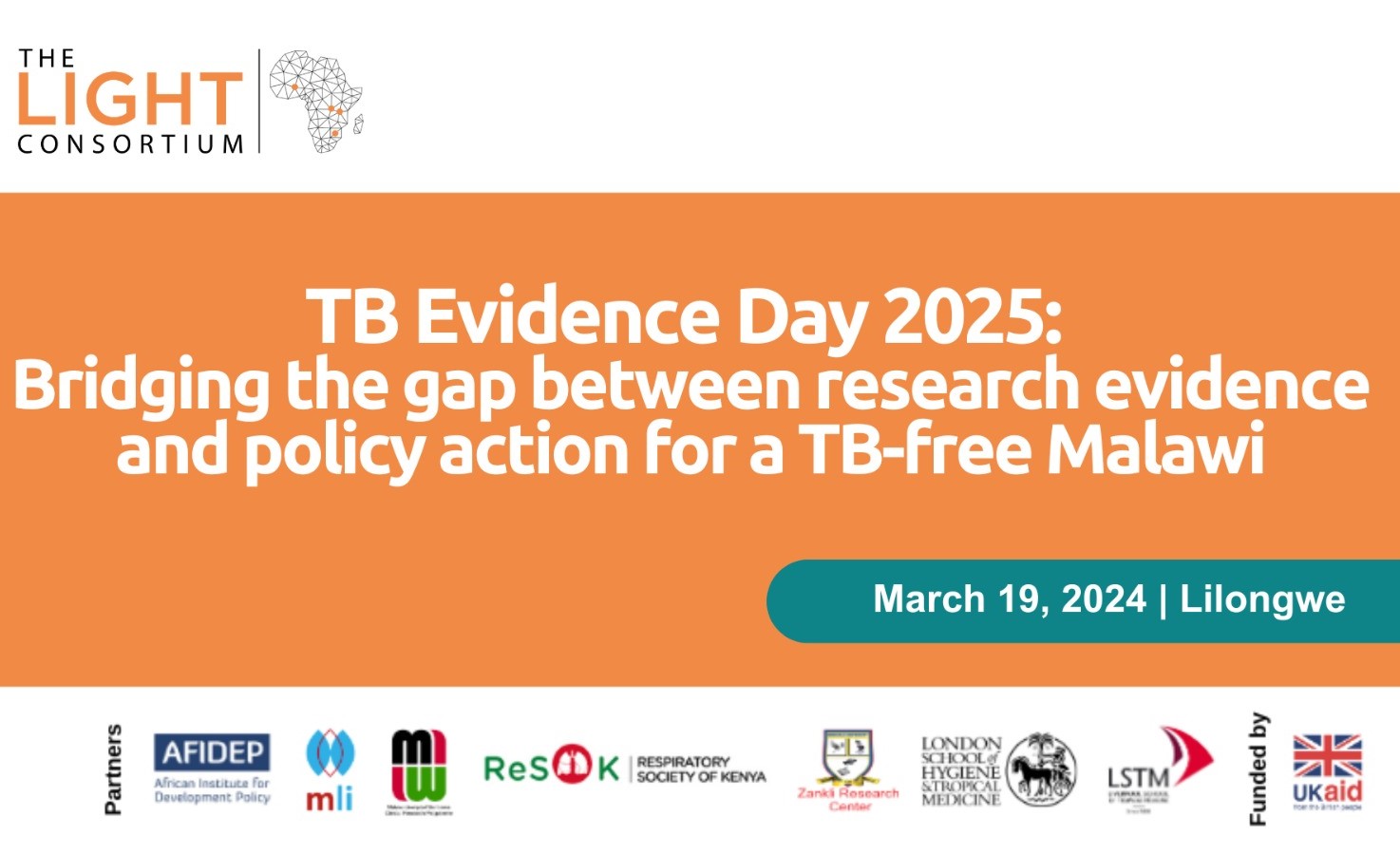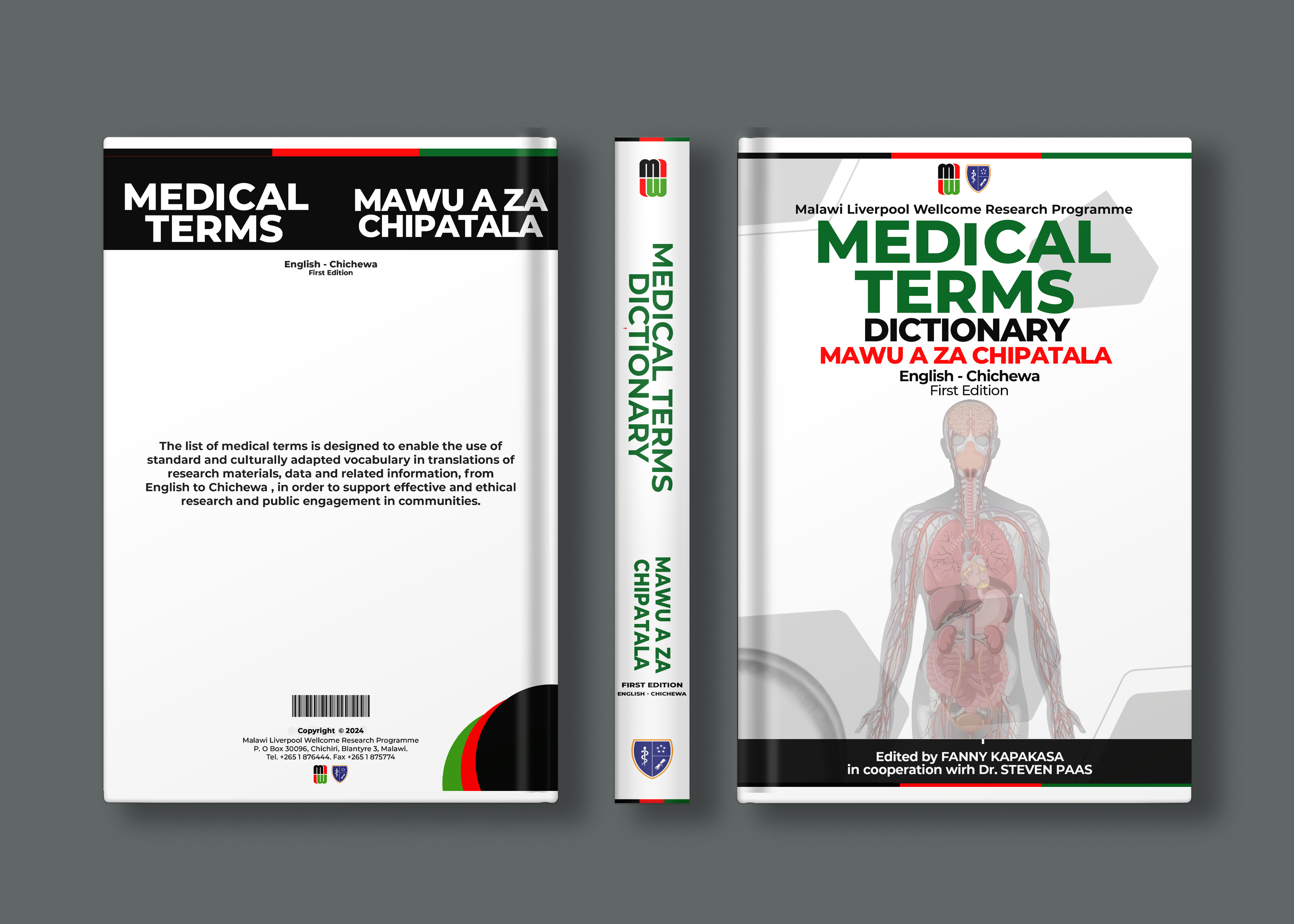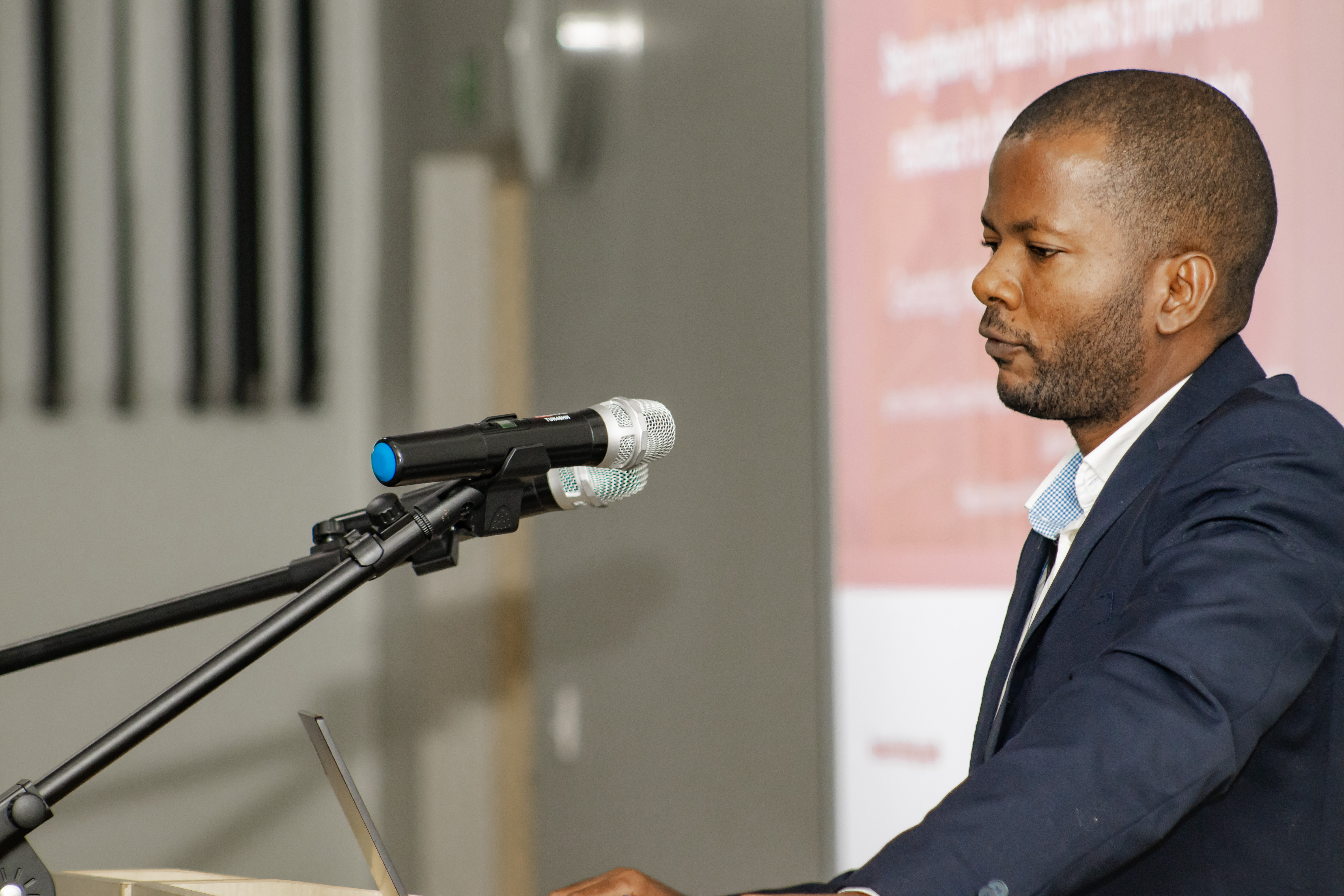As part of the WHO-WMO Global Framework for Climate Services (GFCS) Project, the Ministry of Health conducted a five day R-training course from 6th to 10th March 2017 sponsored by the World Health Organization (WHO) and World Meteorological Organization (WMO). The training was facilitated by James Chirombo, an MLW Malaria group PhD candidate in statistics based at Lancaster University, and Lucia Fernandez Montoya from the WHO head office in Geneva.
Held at the Innovation Hub within University of Malawi’s Polytechnic, the training was attended by over 20 participants, including three members of MLW Malaria group (Kamunkhwala Gausi, Donnie Mategula and Latif Ndeketa) and delegates from Ministry of Health District Health Offices, Central Monitoring and Evaluation Division (CMED), World Health Organization Malawi country office and The Department of Climate Change and Meteorological Services.
R is an open source programming language and software environment for statistical computing and graphics that is supported by the R Foundation for Statistical Computing. The R language is widely used among statisticians and data miners for developing statistical software and data analysis.
The training aimed to increase capacity in the Ministry of Health and other collaborating institutions for analyzing and integrating climate and health data in R. The content of the training included an introduction to R-studio environment, descriptive statistics, plotting, data cleaning and exploring the association between disease and climate seasonality. The specific goal of the training was to analyze the seasonality of the climate in relation to the most important diseases in the country by district to serve as the basis for the development of district-targeted Health Advisories.
The facilitators encouraged participants to share their work experience and knowledge and helped make the practical exercises easy and relevant to all. The trainees were also introduced and added to a chat website called Slack where participants share R code and assist each other in decoding errors encountered in R.
Commenting on the value of the training, Kamunkhwala, an MSc student in Biostatistics statistics from Chancellor College, currently doing her MSc thesis project with MLW, said “The course content was just right for an introduction to R and the facilitators did a great job to explain the content and encourage interaction. The Slack website is a great community where I can always go to whenever I am stuck. I found the course really valuable”.



